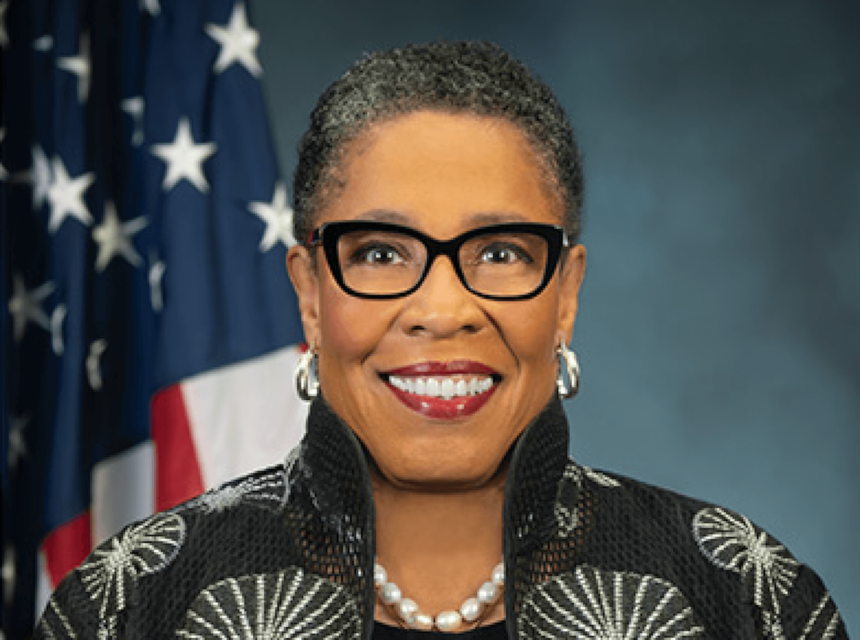
More advance notice and adjusted prioritization highlighted the recent federal announcement about a return to physical inspections of multifamily housing communities and public housing agencies, including federally assisted senior housing.
Last month, Department of Housing and Urban Development Secretary Marcia Fudge announced that the agency will substantially increase housing inspections for HUD-assisted housing beginning June 1.
Physical inspections were suspended in March 2020 and restarted in October using a risk-ranked approach that excluded communities serving older adults. Now, “high priority” properties targeted for initial inspections will be based on resident complaints, recent inspection scores and time elapsed since the last inspections. This group will include properties seeking to improve Public Housing Assessment System score and designation, as well as properties that volunteered for the National Standards for the Physical Inspection of Real Estate Demonstration. Property owners who received an April 29 memo from HUD can expect to have at least one property inspected by Dec. 31.
HUD is taking a “careful, targeted approach to balancing different objectives — namely program quality and resident health,” said Linda Couch, LeadingAge vice president of housing policy.
The increased availability of masks and vaccinations, as well as concerns for the health and well-being of HUD-assisted households, were reasons cited for restarting the inspections.
“The last year has shown just how important housing is to our health and safety,” Fudge wrote in a letter to providers. “More than a year since the pandemic began, and with every person over the age of 16 now eligible for a free COVID-19 vaccination, we must take steps to ensure the whole health and well-being of the households we serve, including the conditions and quality of housing.”
According to the announcement, owners will receive 28 days advance notice instead of the typical 14-day notice in recognition of the challenges posed by COVID-19. HUD’s Real Estate Assessment Center will notify housing providers of its detailed inspection plans and provide a frequently asked questions document for more information.
HUD developed inspection protocols with help from the Centers for Disease Control and Prevention. HUD will not require inspectors to be vaccinated, but the agency will help facilitate vaccinations, as well as regular COVID-19 testing of inspectors. HUD also will require inspectors to wear face shields when inspecting senior housing properties.
Couch said that restarting physical inspections as carefully as possible is important in ensuring that the inspections don’t threaten the health of affordable senior housing residents and staff members.
“HUD’s immediate focus on physical inspections for ‘high priority’ communities makes sense; so does taking precautions from health risks to properties, COVID protocols for inspectors, and allowing residents to opt out,” she said. “By encouraging COVID-19 vaccinations among inspectors and by providing flexibility for communities and residents at high risk, HUD can ensure high-quality housing while prioritizing resident health.”
Inspectors also will follow travel and quarantine guidelines and have detailed operational protocols for pre-inspection, inspection and post-inspection reviewed by the CDC.
Residents will be able to opt out of unit inspections, in which case the HUD inspector will select an alternate home to inspect. Housing providers are encouraged to make personal protective equipment available to residents through CARES Act funds.




